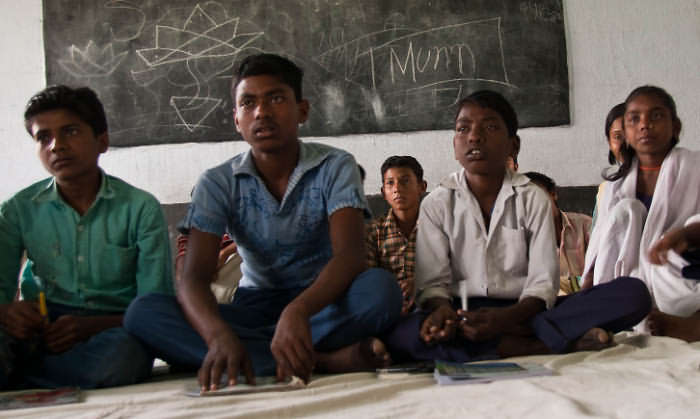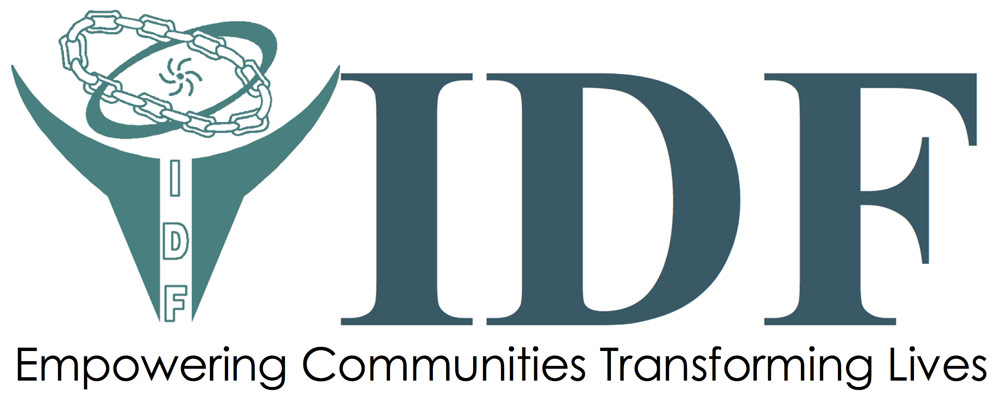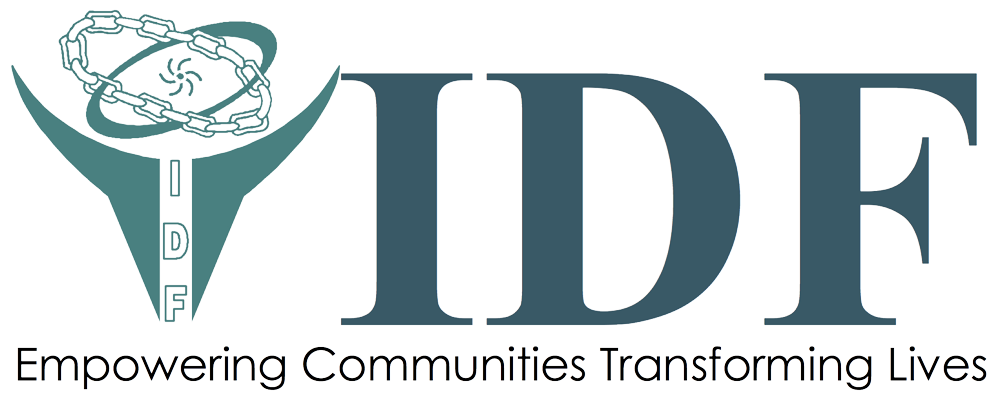Encouraging Child-Centered Community Development
Project : Encouraging Child-Centered Community Development
Donor : Plan International
Location : Chaibasa, Vaishali
Project Brief :
While many IDF projects focus on children’s health and welfare, most are designed from the perspective of adult members of the community. However, child protection and care are inextricably bound up with the social issues confronting rural society as a whole. Whether it be education or prevention of child marriage, protection from abuse and trafficking or eradication of female feticide, access to basic health and sanitation facilities or routine immunizations, a top priority is to ensure the rights of all children as a matter of principle and law. As all aspects of social development affect children’s lives, a holistic child-centered approach is therefore a key strategy.
Plan India partnered with IDF in an open-ended project targeting up to 6,000 children in Vaishali, Bihar, and Chaibasa, Jharkhand. Looking at social development issues from the child’s point of view, IDF staff have promoted children’s empowerment and activism, involving school administrators, teachers, and parents as well as children to effect change. For example, children mounted a Learning Without Fear campaign with community support to reduce corporal punishment in schools. Children also participated in community governance in order to advocate for play space in their villages. Early marriage is still a widespread practice in many rural communities, and children’s self-help groups are now taking the lead in lobbying their parents to allow adolescent girls to complete their schooling and stay unmarried until the age of 18.
Unlike many of the adults in rural communities, children are not instinctively resistant to intervention and change. Therefore, as adolescent groups have taken the lead in promoting improved health and hygiene practices and discussing reproductive and health issues openly, the positive impact of their activism is already benefiting not just their generation but also their entire community.





